This post has not been edited by the GamesBeat staff. Opinions by GamesBeat community writers do not necessarily reflect those of the staff.
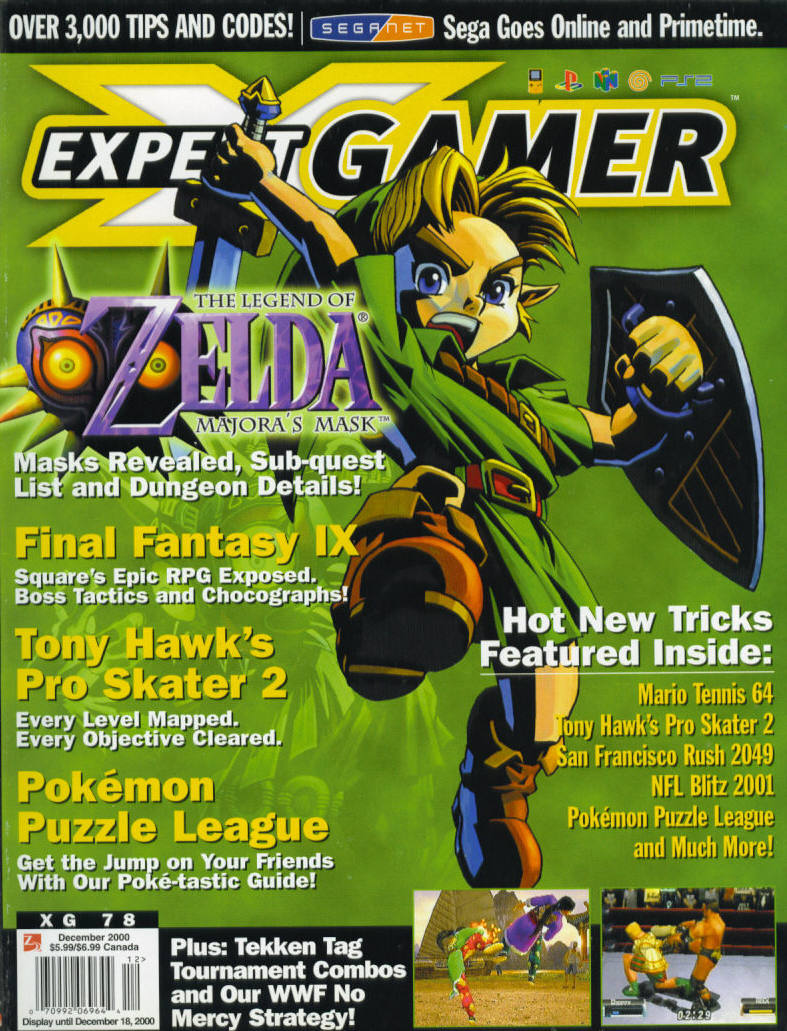
Back in the ‘90s, my favorite videogame magazine (besides EGM) was Expert Gamer. Formerly known as EGM2 (and later GameNOW), this monthly-based mag focused exclusively on strategy for the current games. Massive guides of maps and detailed-to-the-bone walkthroughs were planted in the pages of the book. As you can imagine, many sleepless nights hovered over the staff.
Editors of the magazine such as Andy Baran, (R.I.P.) James Mazurek, and I believe Mark Hain (who is on this site) were some of the guys who put such effort into the guides.
After they did a full blown-out strategy of Metal Gear Solid in the November 1998 issue, I decided to start writing some guides on my favorite games on GameFAQs.
I haven’t consecutively written a whole bunch, since I now enjoy reviewing about a game or just writing about them is my thing nowadays.
But with some experience with writing walkthroughs, I’ll give you some advice if that’s what you’re interesting in doing. Take note that I am not an Expert Gamer by any means, I just love writing about them.
Time is your best friend

Writing a walkthrough is damn sure time consuming. I was still in high school when I wrote a guide for Resident Evil 2: Dual Shock Edition. That was during the summer. I had nothing else to do. If you have a girlfriend, try to tell her you have a school project or something. If you’re in college (like me), make sure you don’t blow off your homework. Beating the game is one thing. Composing it and actually writing it can take just as long…if not longer. Your possible hygiene, social life, and eating habits may be affected as well.
Be detailed

A walkthrough isn’t a general strategy — it needs to help the person who is reading it to get through the game from beginning to the end. Every piece of the game needs to be covered; bosses, puzzles, items, etc. You want people to turn to your guide if they get stuck on a particular part. Many sites don’t allow you to use pictures (which is a strategy writer’s best friend), so go deep in your wording. Explain the environment, enemies, and objects. Let the player know where they are so they can continue to follow.
Play The Game

This seems obvious. Because there are several competitions on some sites, many people rush to get their guide out.
I never like to rush since I don’t have a deadline. People may start writing as they play the game the first time through. I like to take my time, and — depending on the game — beat it multiple times. From there, you know what to expect.
Multiple endings, different scenarios, and characters apply here. Take notes the first time through and remember the toughest parts of the game. You need to KNOW the game. It’s a lot easier. My Resident Evil Deadly Silence guide is a good example (not to toot my own horn). Odds are you won’t find everything your first time through. I played the game so many times I knew it by heart. If you were playing it as Jill or Chris, the information was all there. Makes sense, right?
Spell Check

Yeah, yeah…you knew it was coming. Just try to dodge the mistakes I have made in the past. Spell check often as you write; walkthroughs are a ton of pages. Take small portions of your writing and spell check on the way. Try to avoid being ignorant like me and spell check after the entire guide is complete — it will haunt you for hours to end. I am still fixing guides that I wrote long before. Nobody’s perfect, but go over it as you progress. Proof reading is a definite plus. In most cases, you can always update your guide. Use it to your advantage.
Respond to the Public

Once your guide is up, make sure you give your valid E-mail address within the guide. Check your mail often, because from what I learned, my inbox was full of questions about the guide or game. That’s not to brag about it; just get the hint that there are several people reading your guide. The popularity of the game depends as well. I still get E-mails from RE: Deadly Silence. It’s a good thing though. Oh, and be polite! They took the time to write to you, so why not do the same?
Spoiler Free: To be or not to be?

When writing a guide, I always tend to keep it for the most part spoiler free. If it’s unavoidable, try to warn the reader of such statements. Use the big-star logo (*) before writing further.
As far as the story goes, that’s up to you. I keep most of it in the dark, and let the player enjoy the game with the cut scenes and events. For my tastes, it kind of ruins the experience. “Enjoy the awesome cinema, then proceed to…” is one phrase that always works for me. You’re not here to reveal the game’s plot, your goal is to get the player to the climax and let the story unfold itself.
Why read mine?
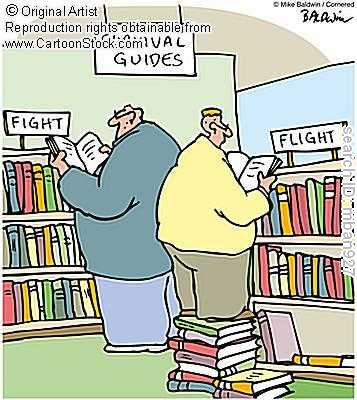
Why don’t most people just go out and buy the official guide for the game? I think it’s simple: Game guides on the net are free. Many gamers don’t want to leave the house and spend $14.99 or more because you can find strategies for just about every game on the Internet. It may not be as beautiful crafted or plugged with gorgeous maps, but the text guide still gets the job done.
Are guides still needed?
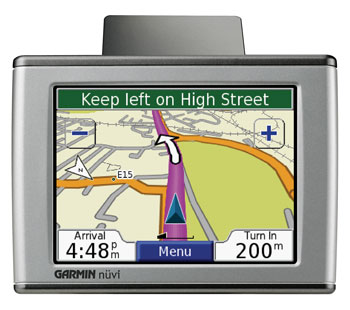
This is a very true statement. I feel modern titles today are much more lenient and straight-forward. Games like Bioshock and Modern Warfare 2 have that destination pointer — in most case scenarios, you know where to go. Harder difficulty settings and online gaming is, for me, more about the actual player learning and gaining skills to improve. But in a sense, I still believe games with puzzles (God of War) and tough bosses (Final Fantasy 13) still needs the shining light with a writer to reach out and help someone. It all depends on the game, I suppose.
Do authors need help?
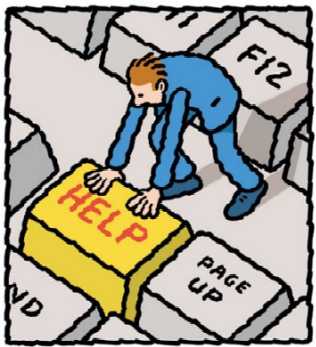
There’s nothing wrong with getting help or asking questions with a game from one author to another. I never use guides or tips until a last resort. If I’m stuck for hours on one portion and begin to get frustrated, it won’t hurt to look. Reading another’s work actually helped me learn new techniques and improve my guides for the future. That’s no indication that plagiarism is allowed… that’ a BIG NO-NO.
Guides of Guides…
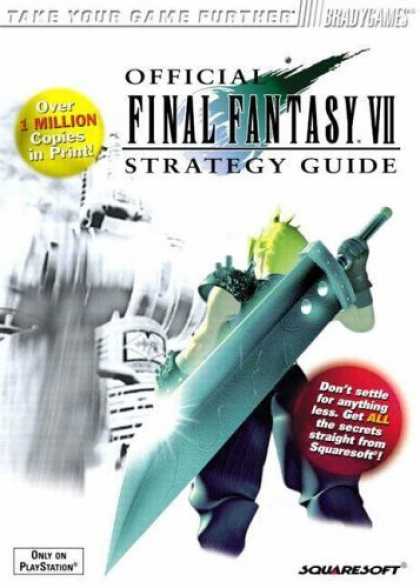
I am surely not in the business by any means, but I believe if you continue your work without getting paid it you’ll make your break. I actually E-mailed “XG” long ago on how to get in the business, and the Deputy Editor Justyn Harkin responded with the following:
“Contact as many gaming websites as you can and offer to write previews, reviews, or strategies (whichever one you would like to focus on). Videogame magazines are always looking for people with strong journalism, but if college is an impossibility, you should at least look into taking some writing courses at your local community college.”
The message was way longer, but it was damn close to that. That was a while back, so times have changed.
So I am unclear if this was such a walkthrough of a walkthrough, but I think it could help some who are looking into, say, working for Prima or Brady Games. It could also be for someone who just loves to write about how to perfect titles and aid someone through. Just keep these things in mind when you want to do some handy work.
Good luck to all of you and remember: play the game with passion.
Pictures courtesy of:
grinningplantet.com
chazzw.files.wordpress.com
cartoonstock.com
bath.ac.uk
mcnet.com
dvramp.com
frankprovo.com
lookpic.com
bw.stma.k12.mn.us
coverbrowser.com
